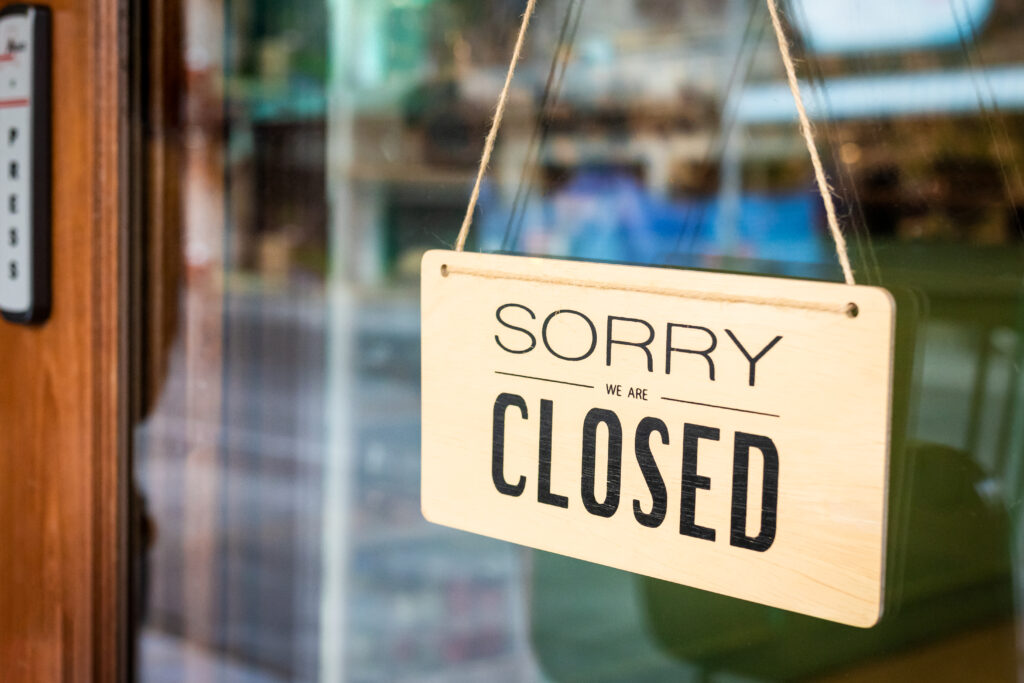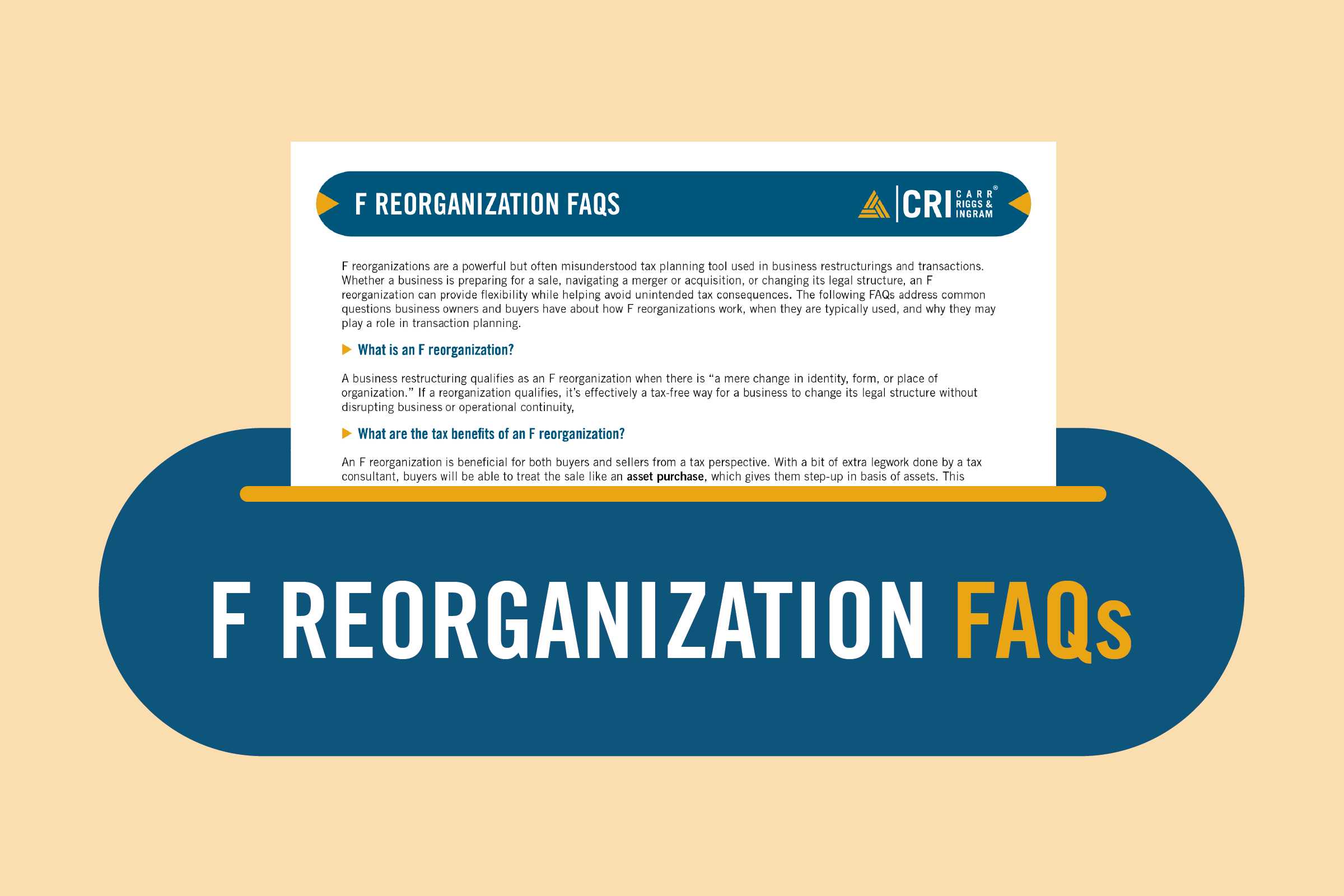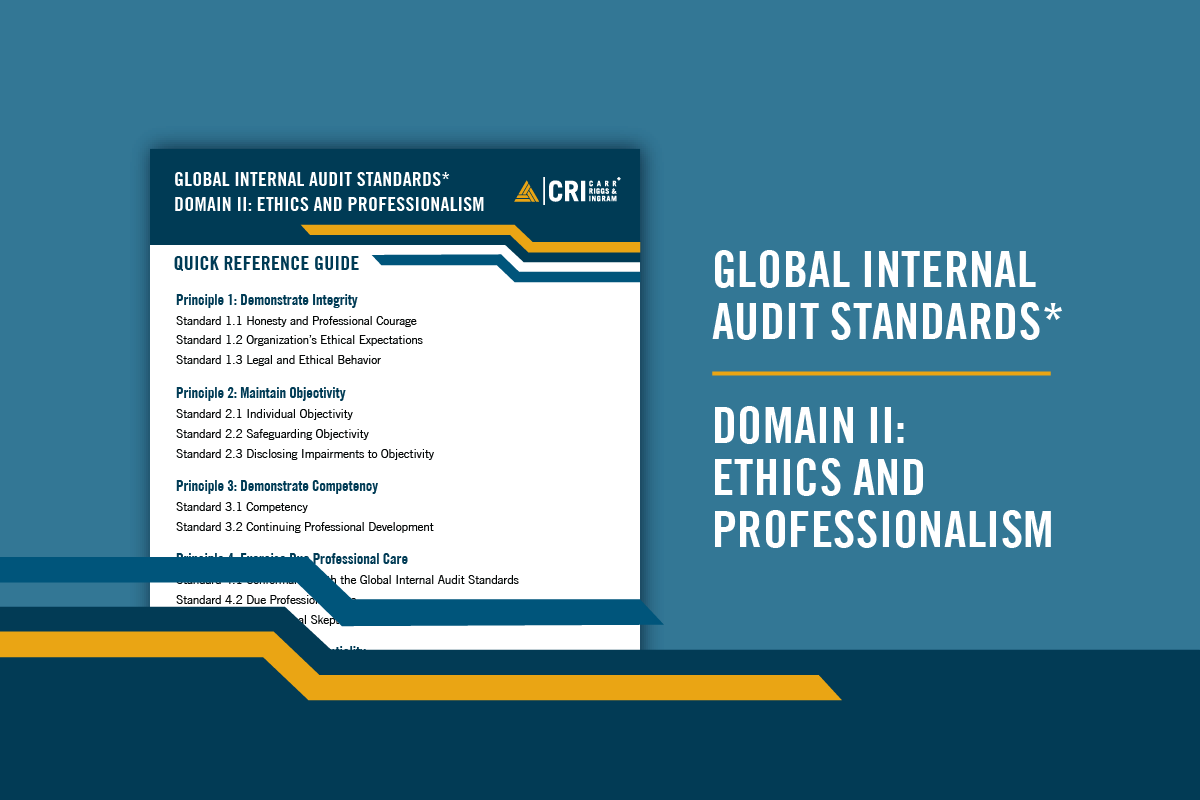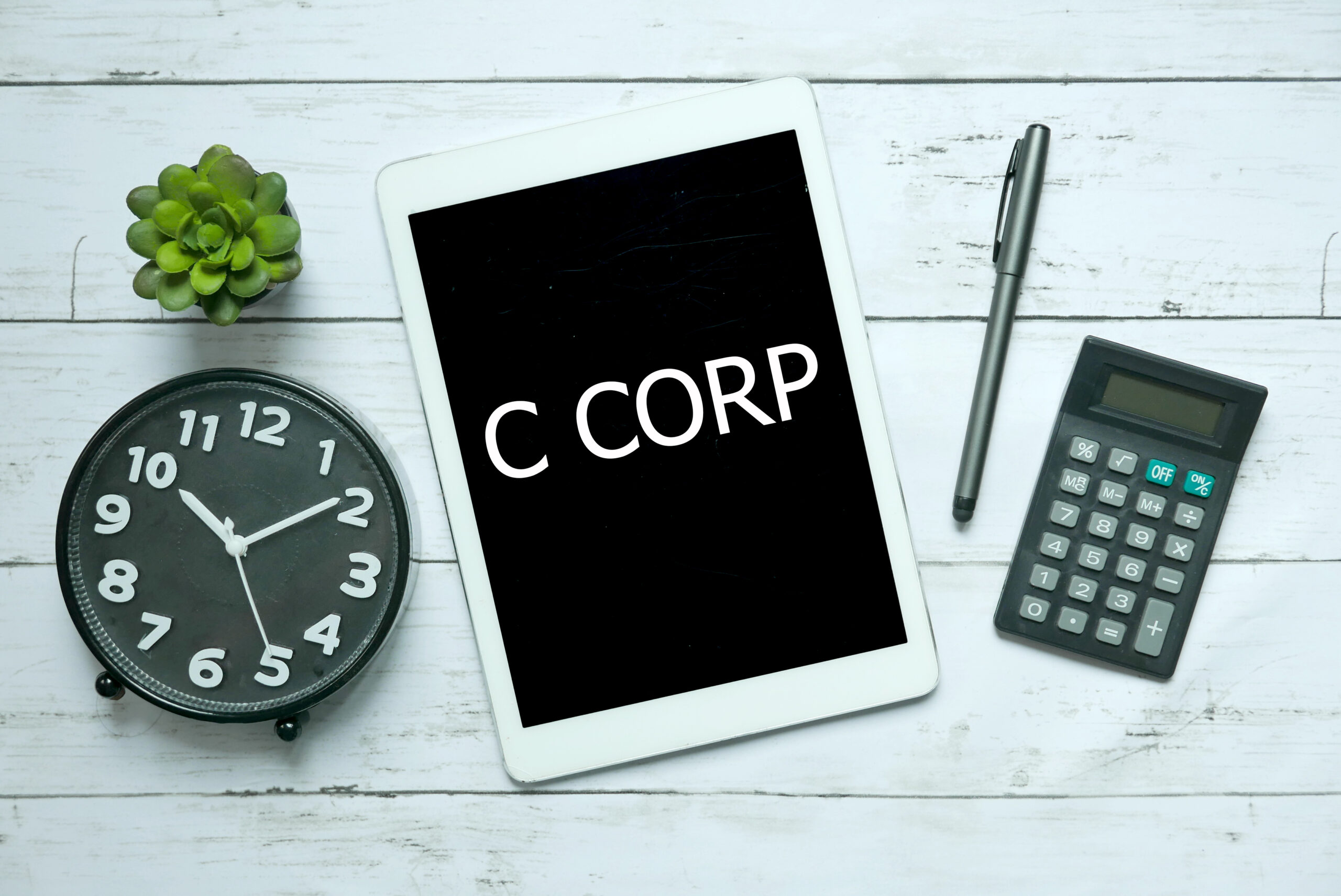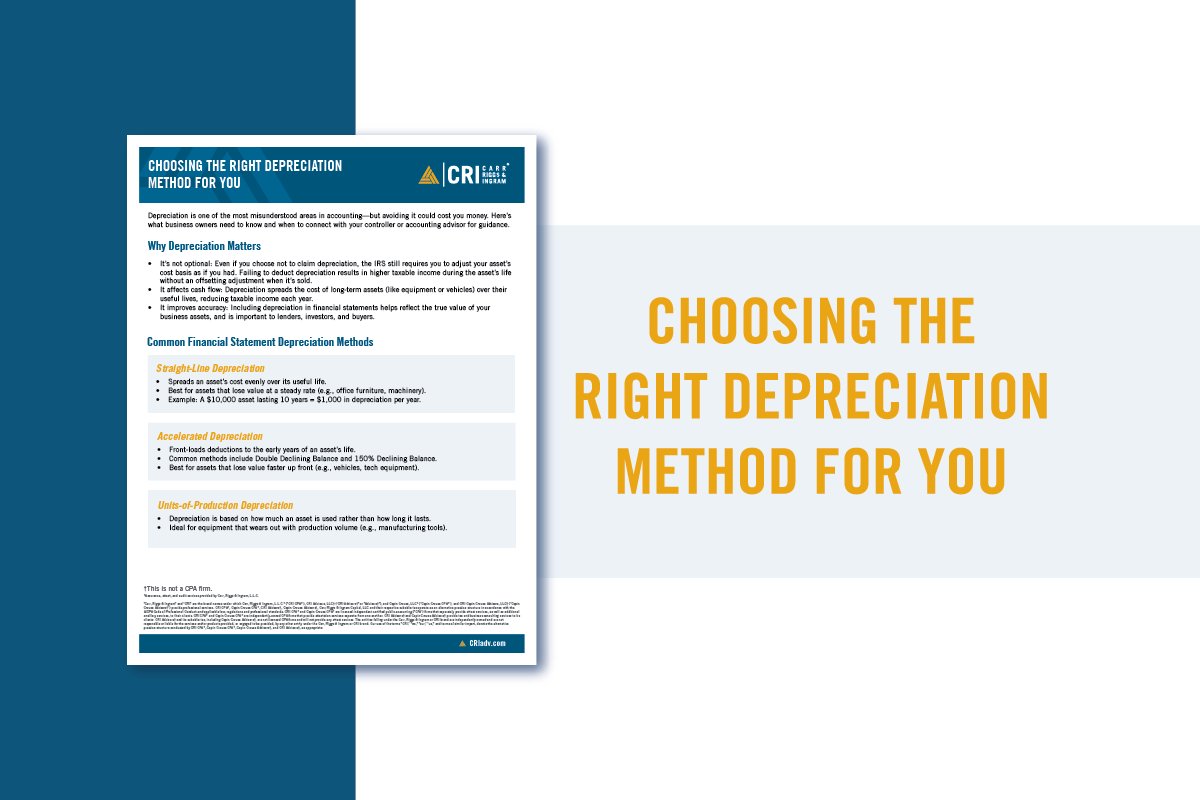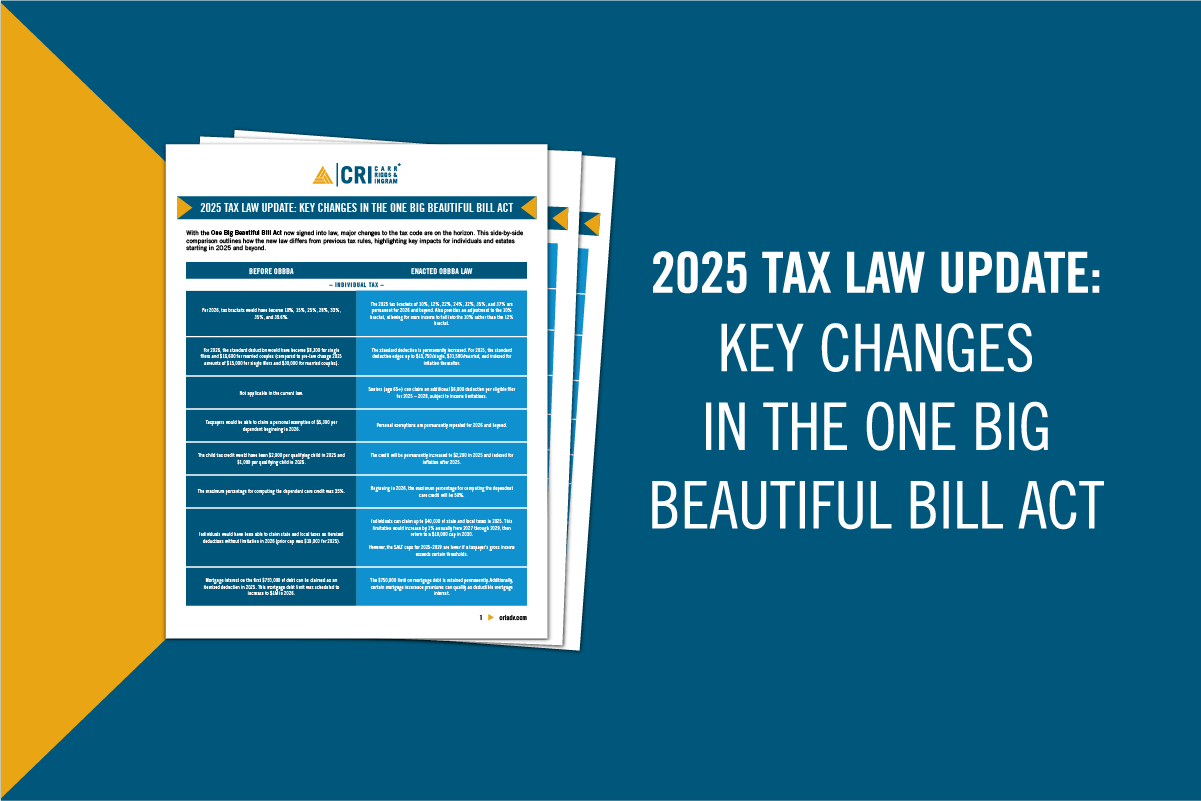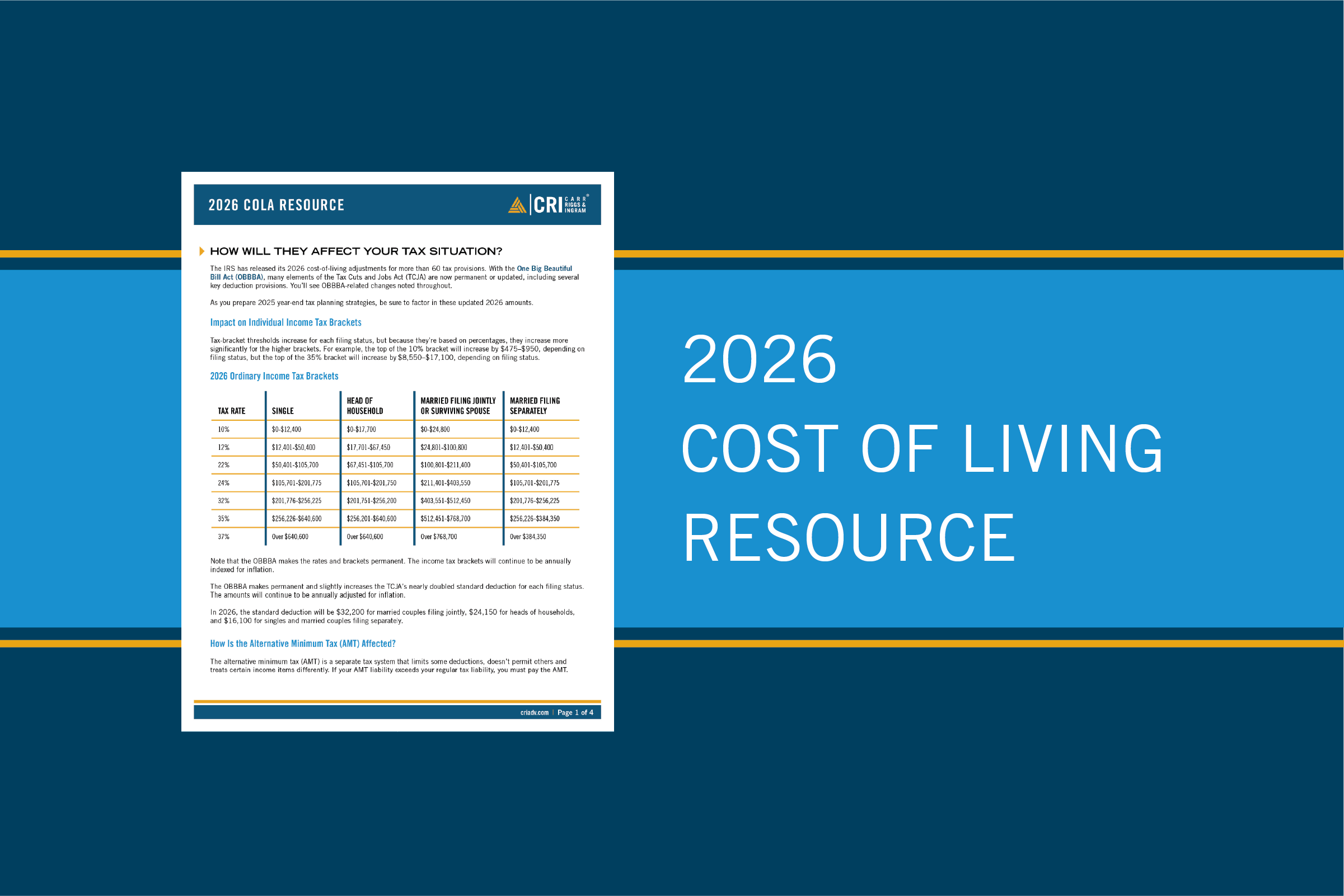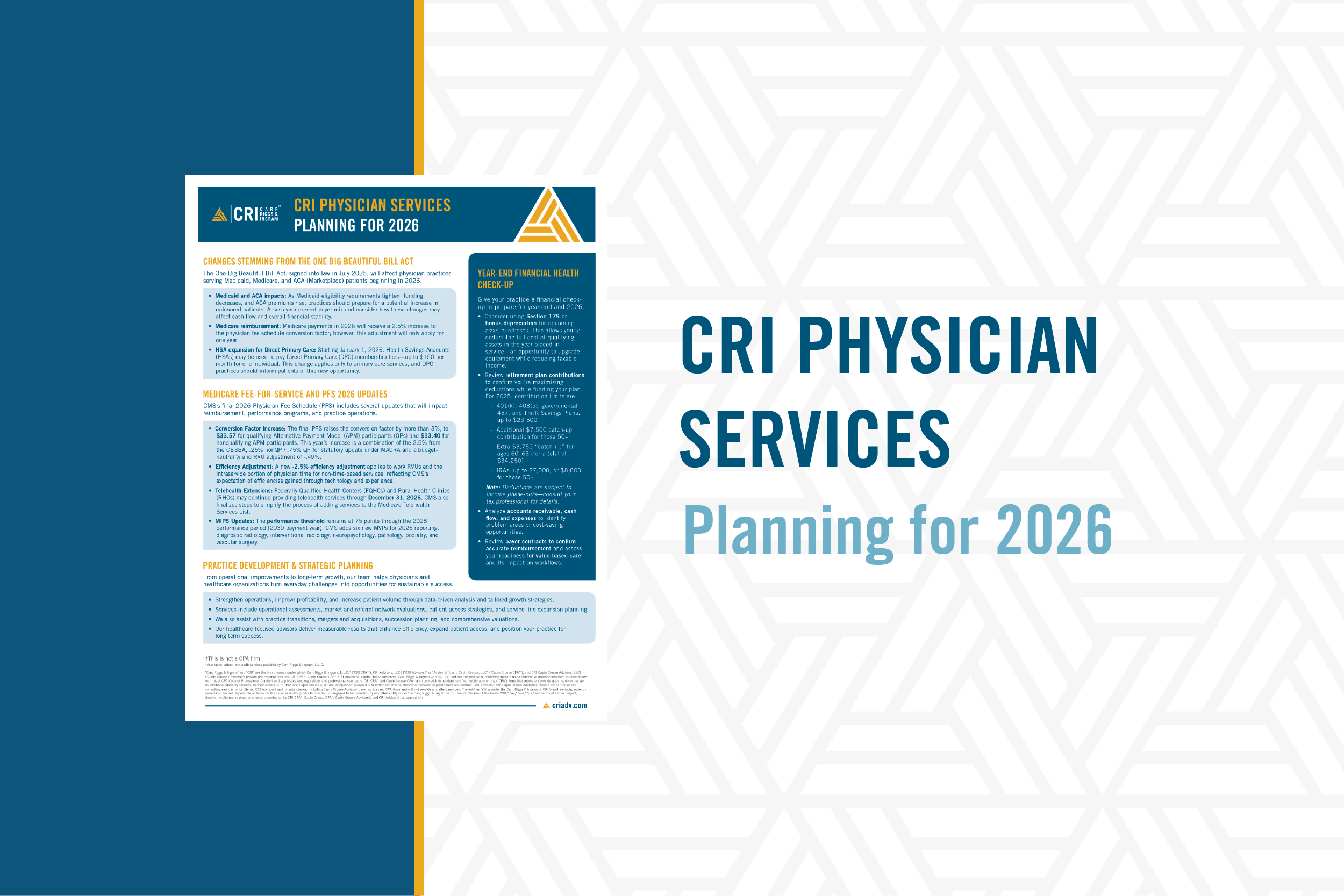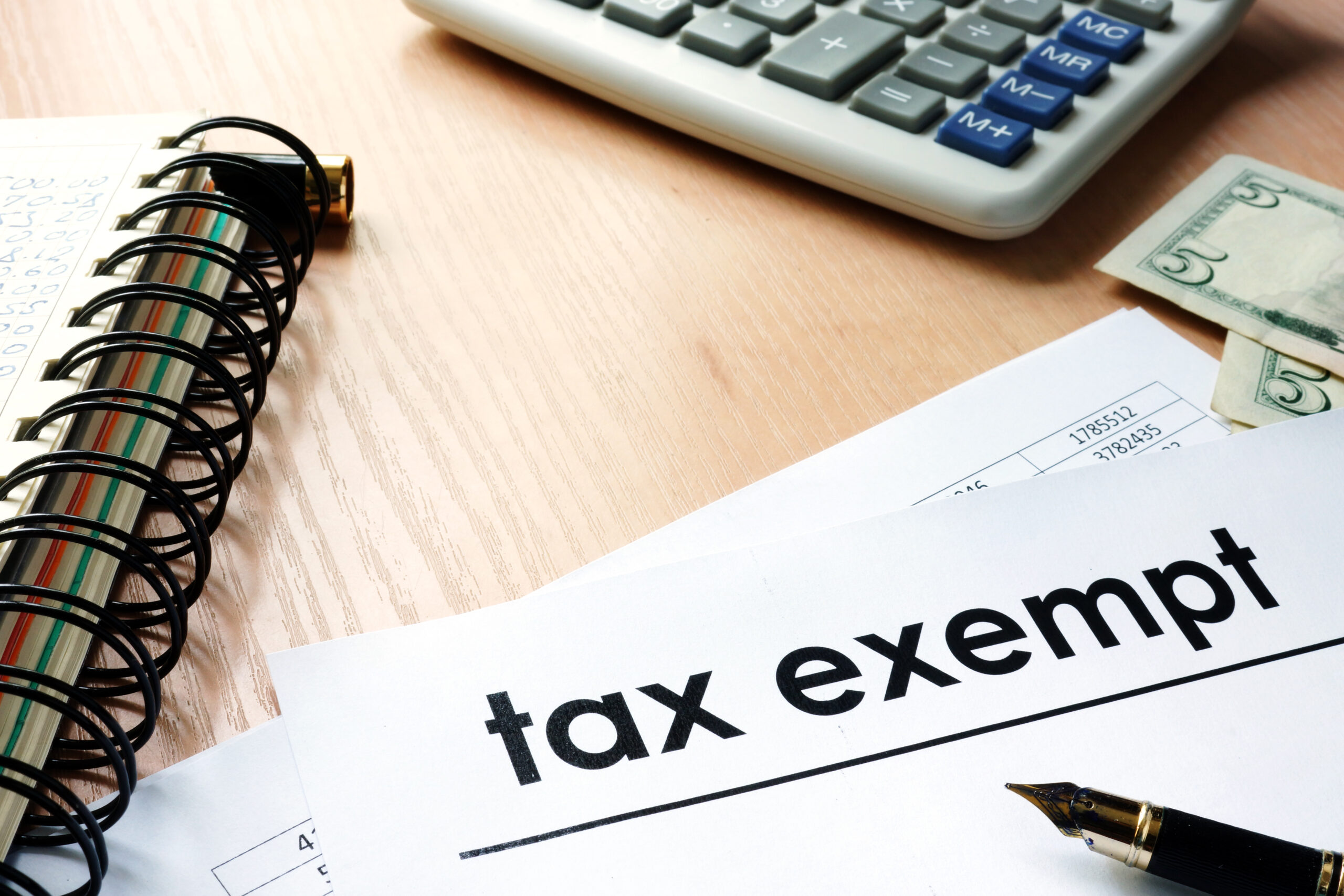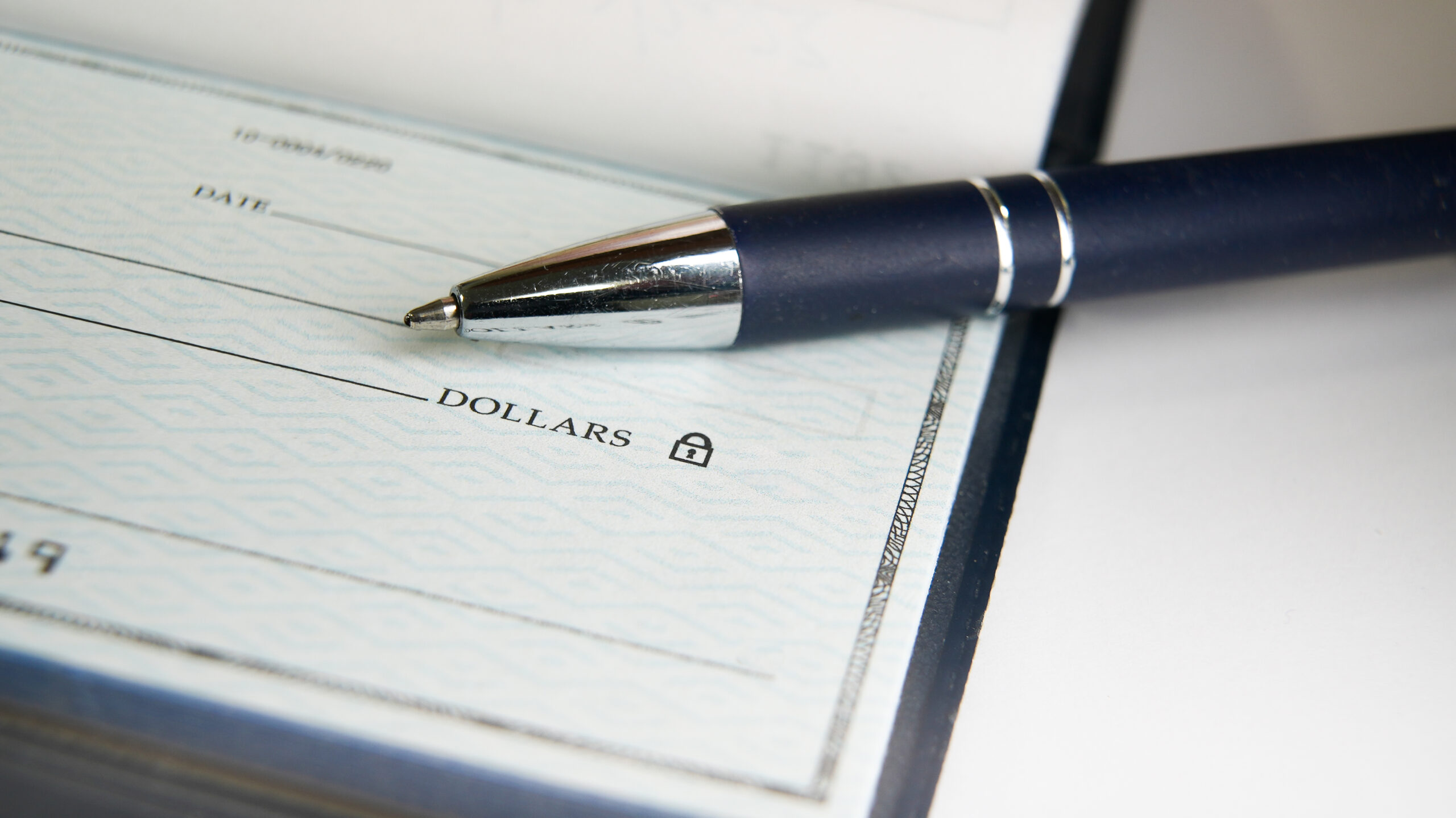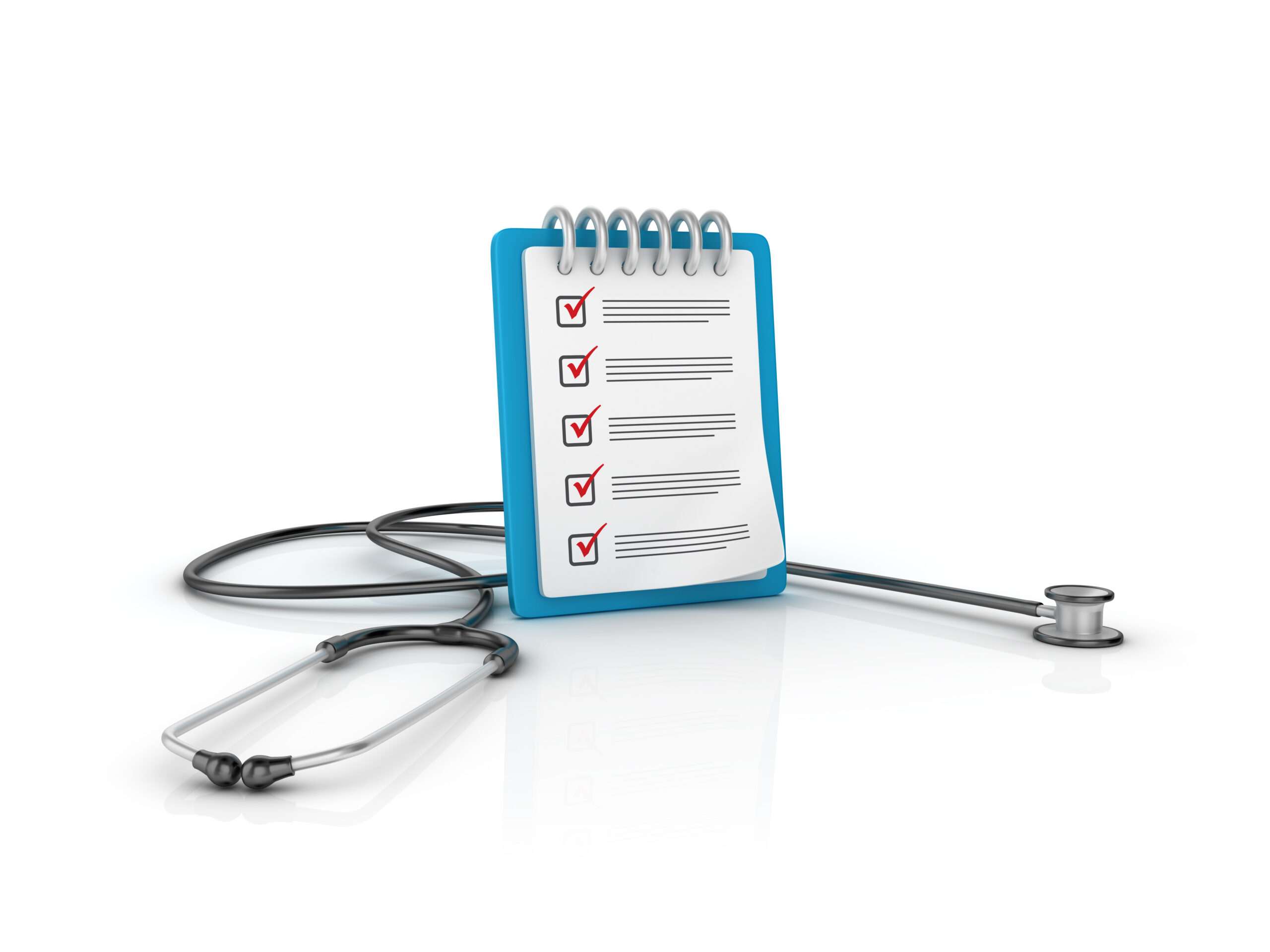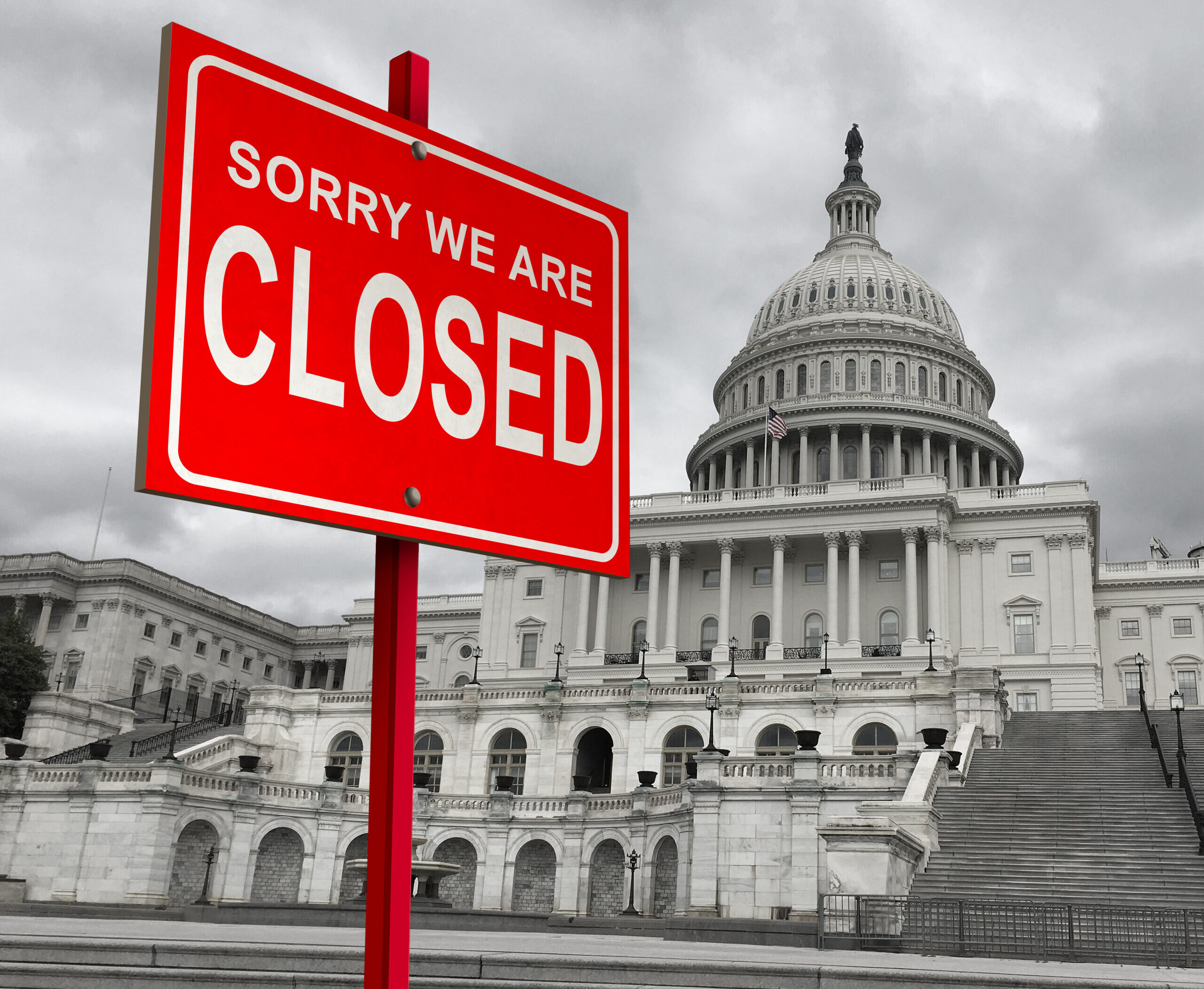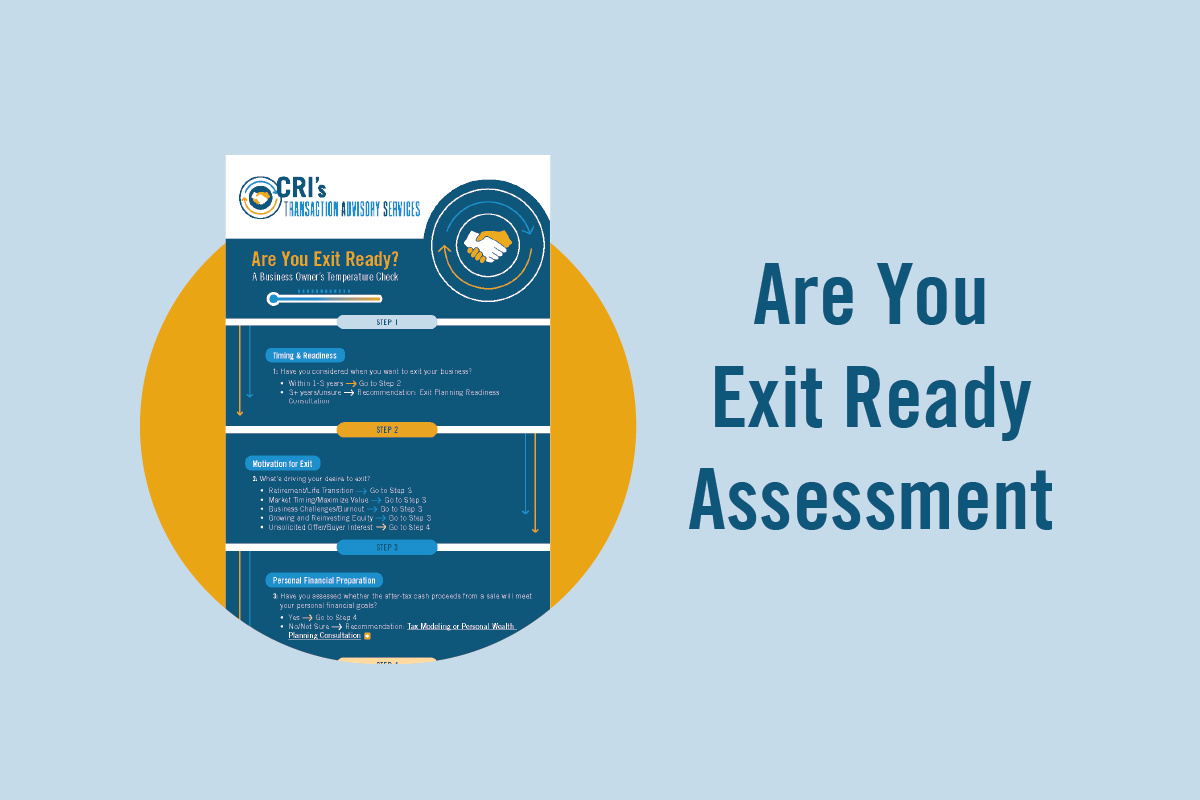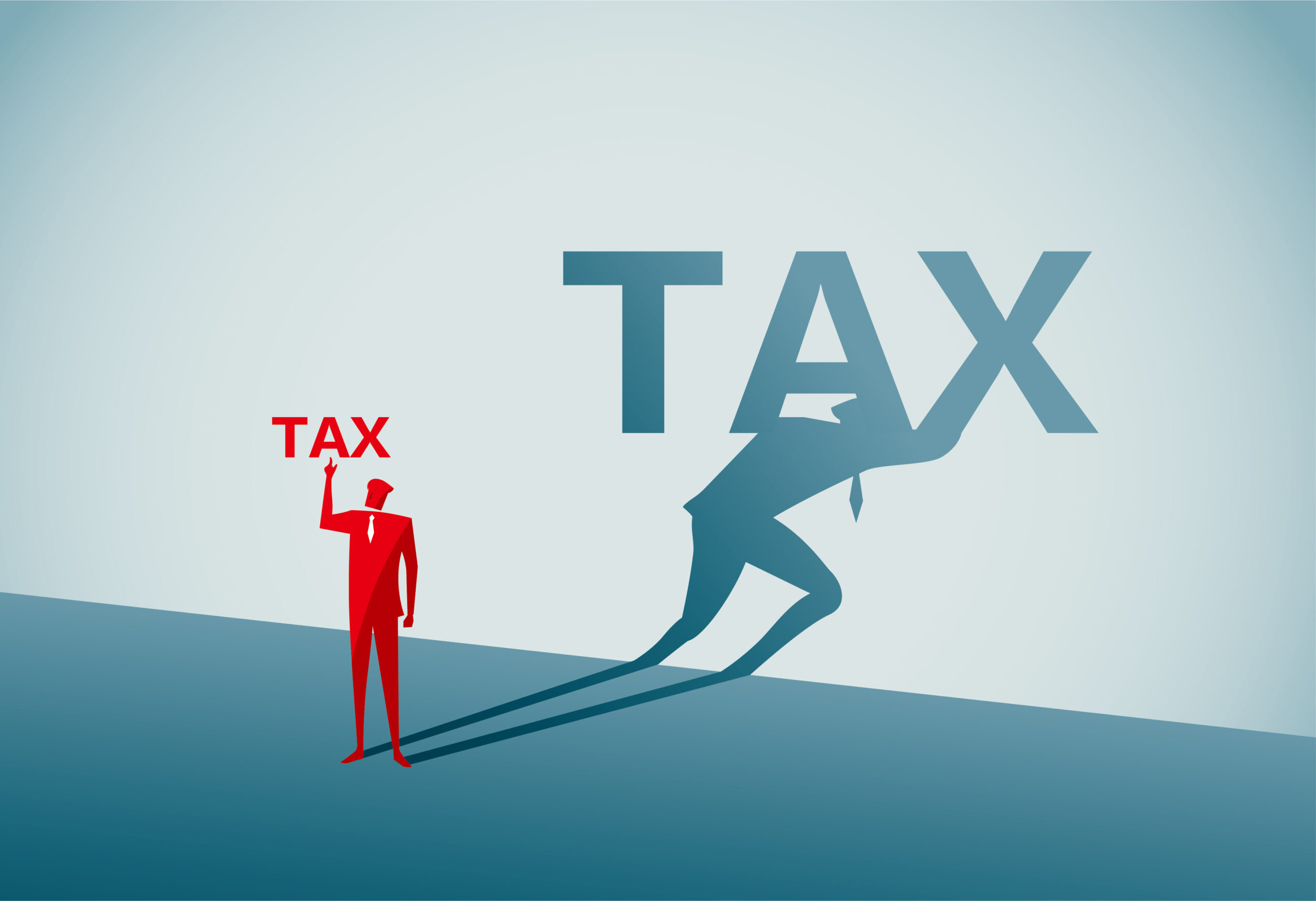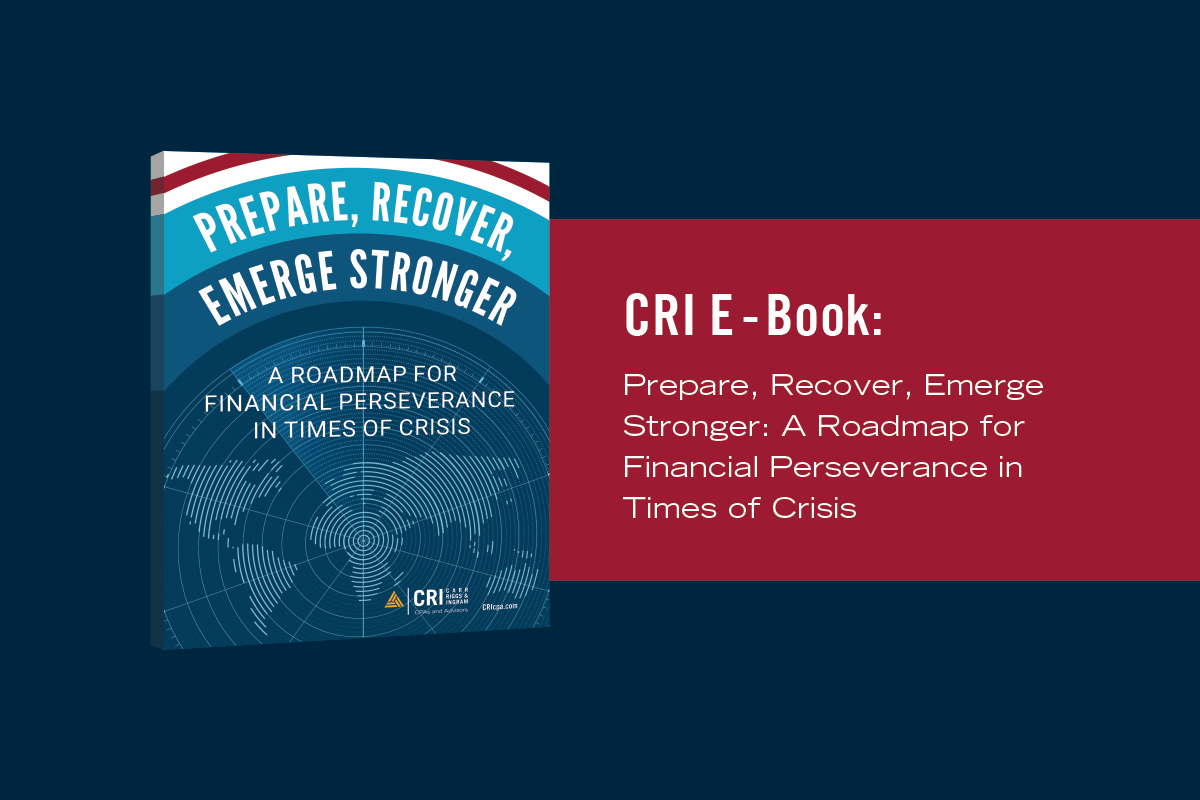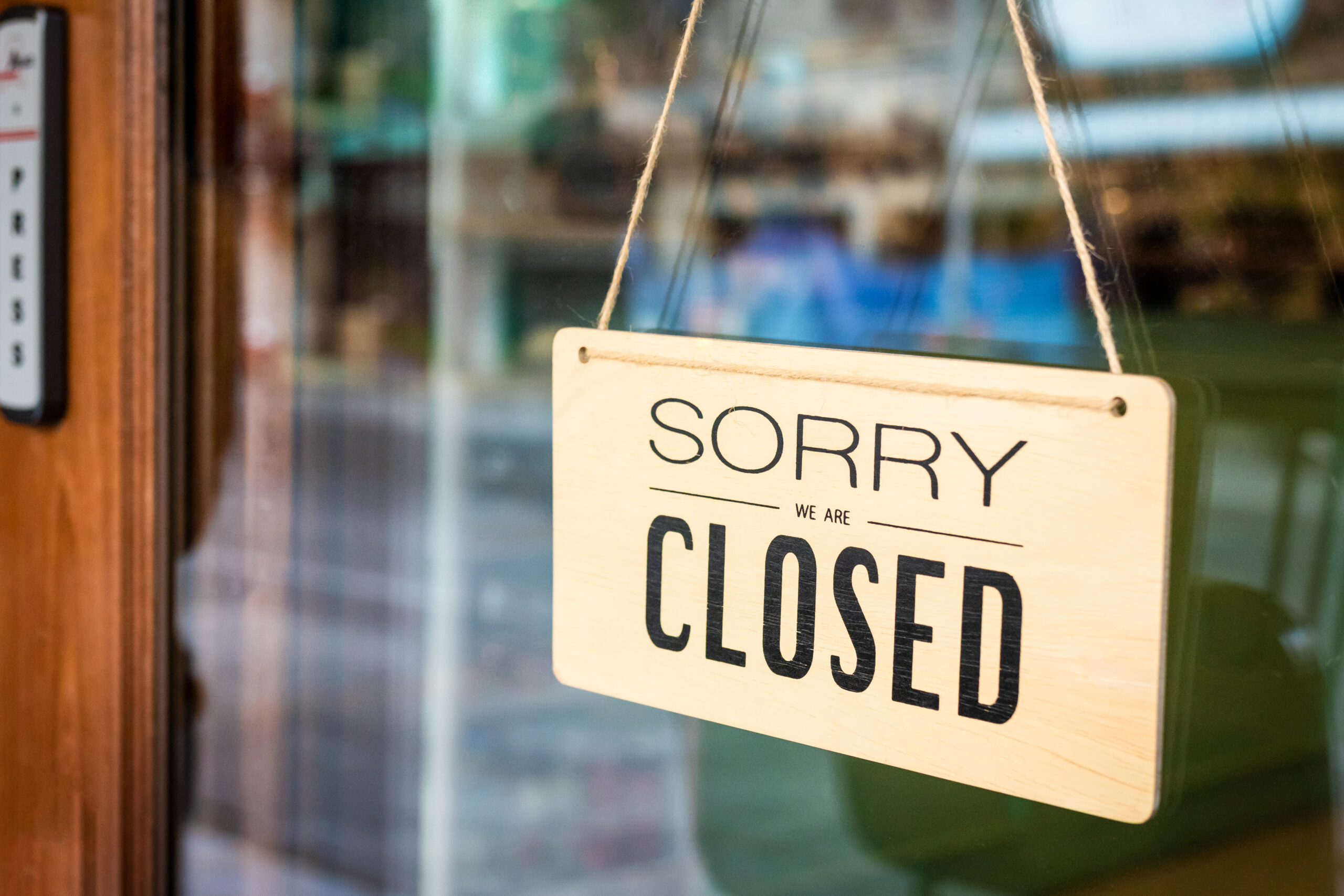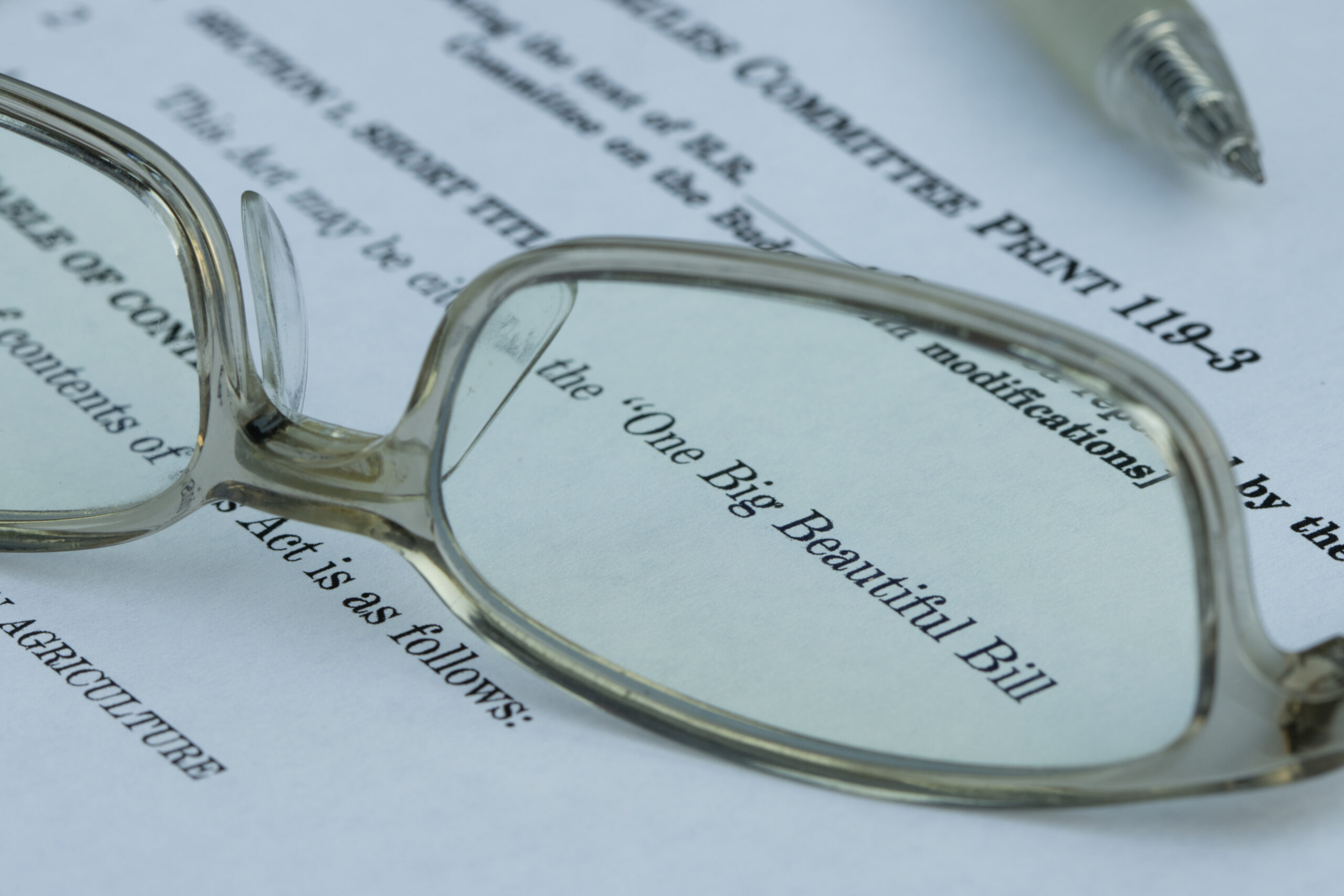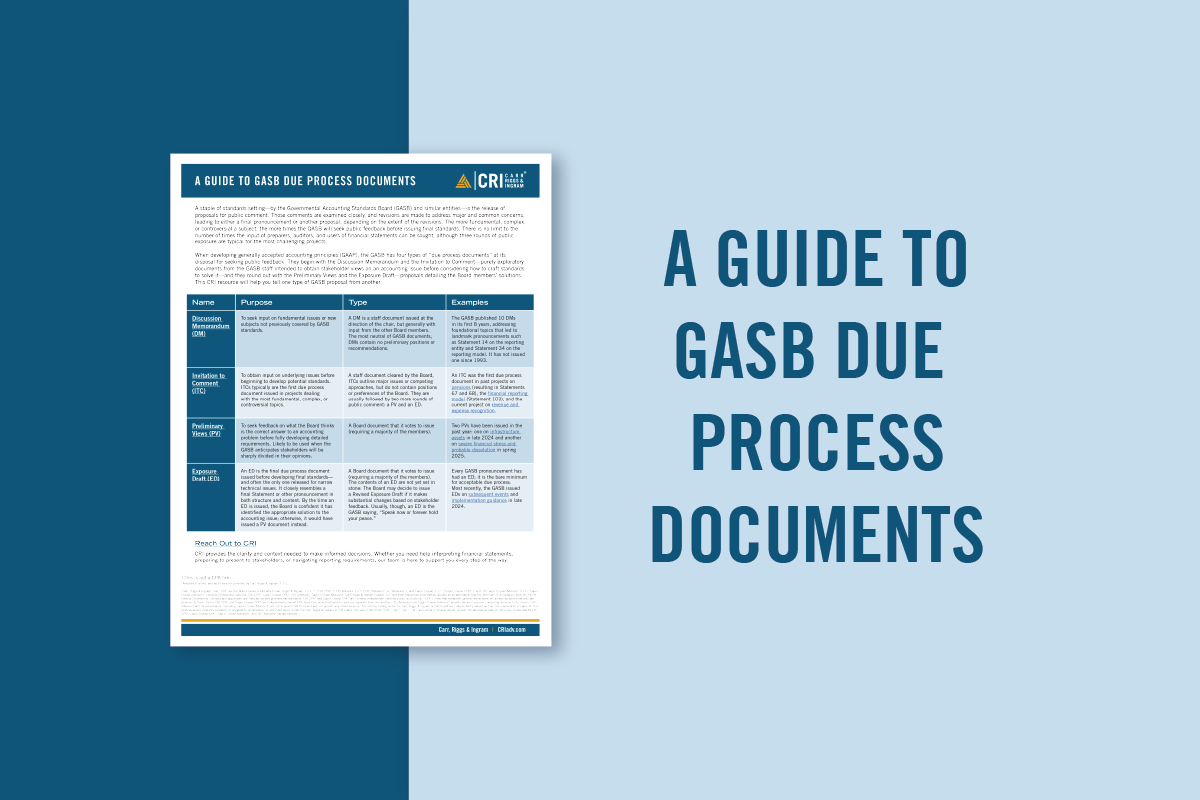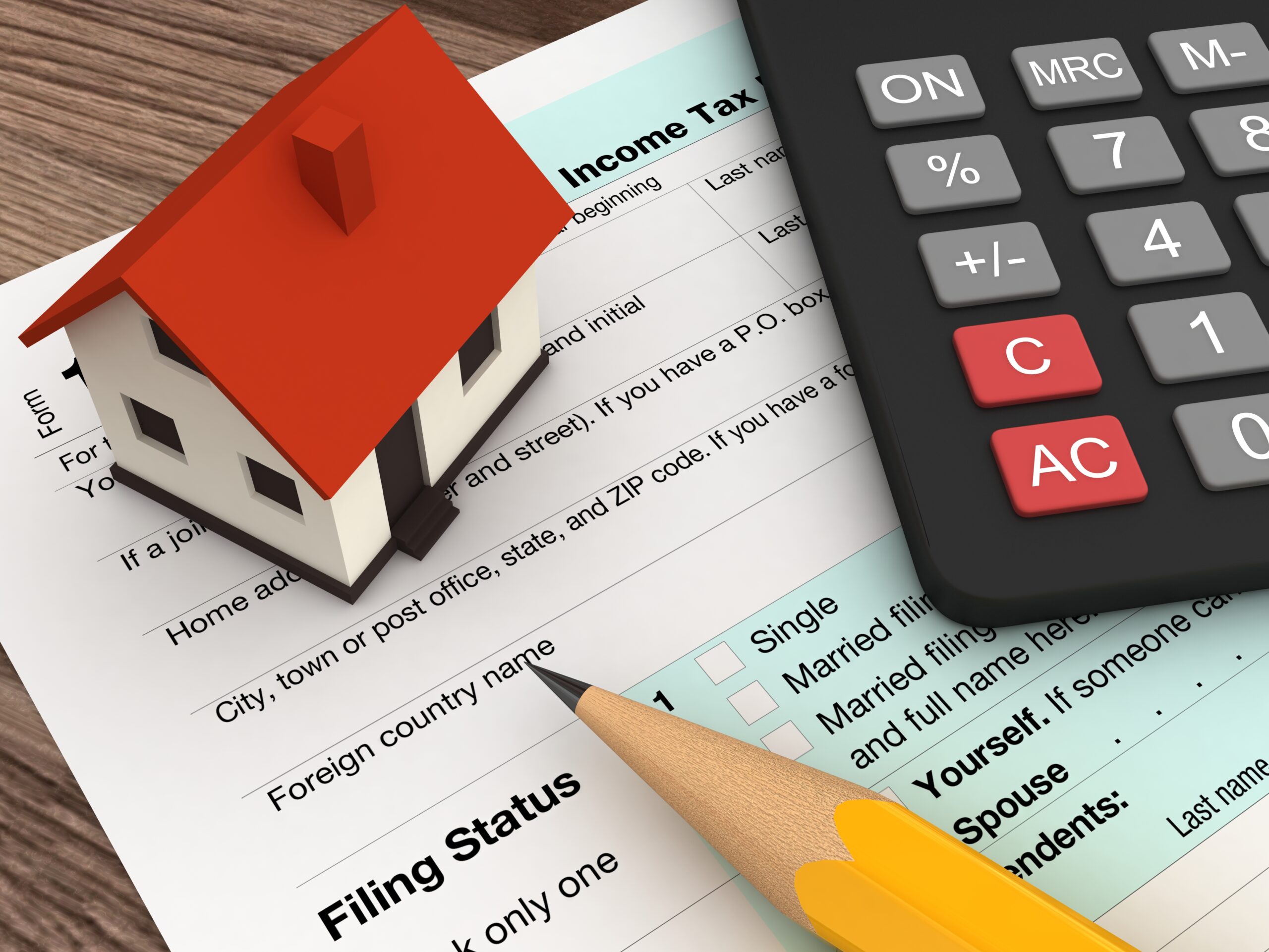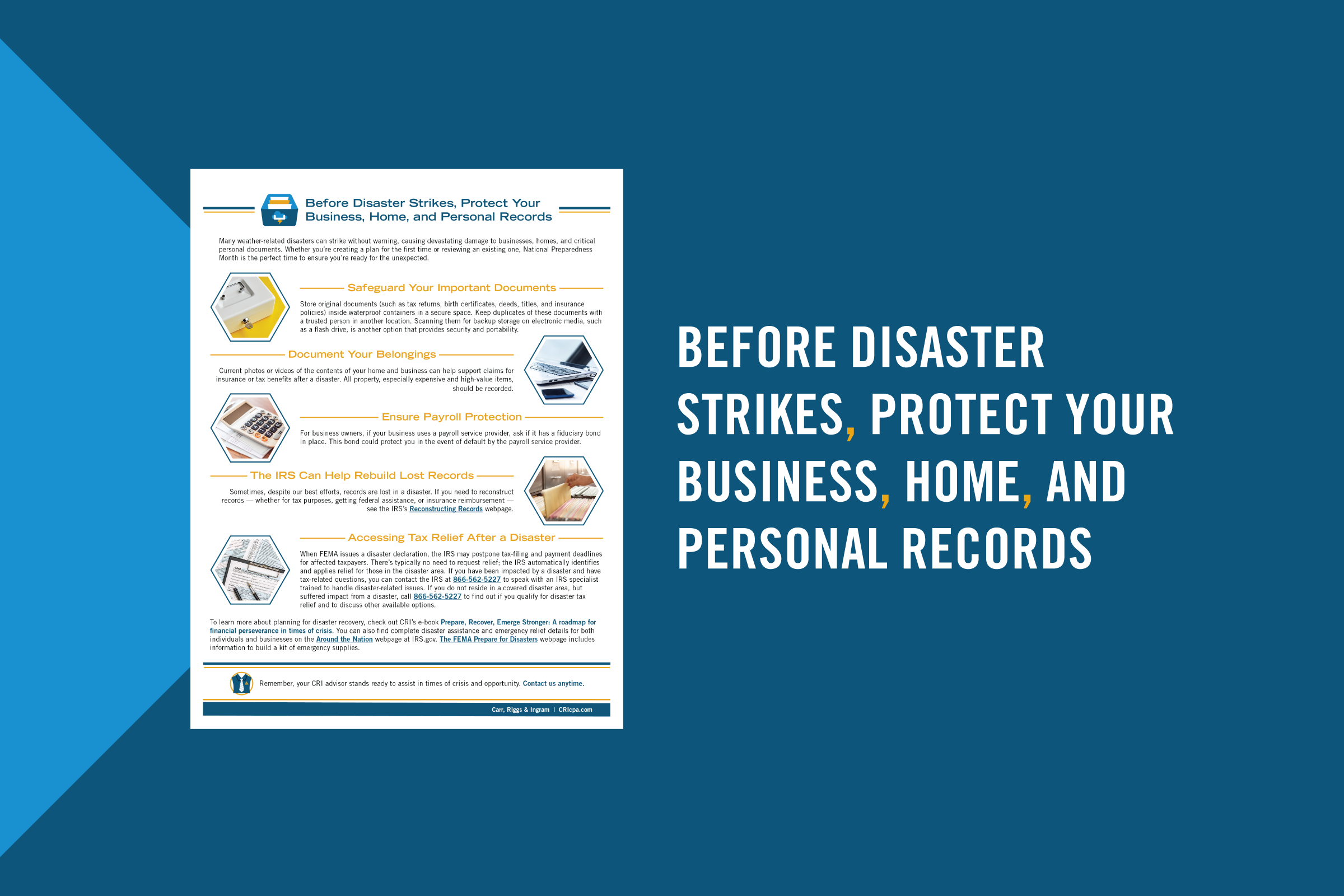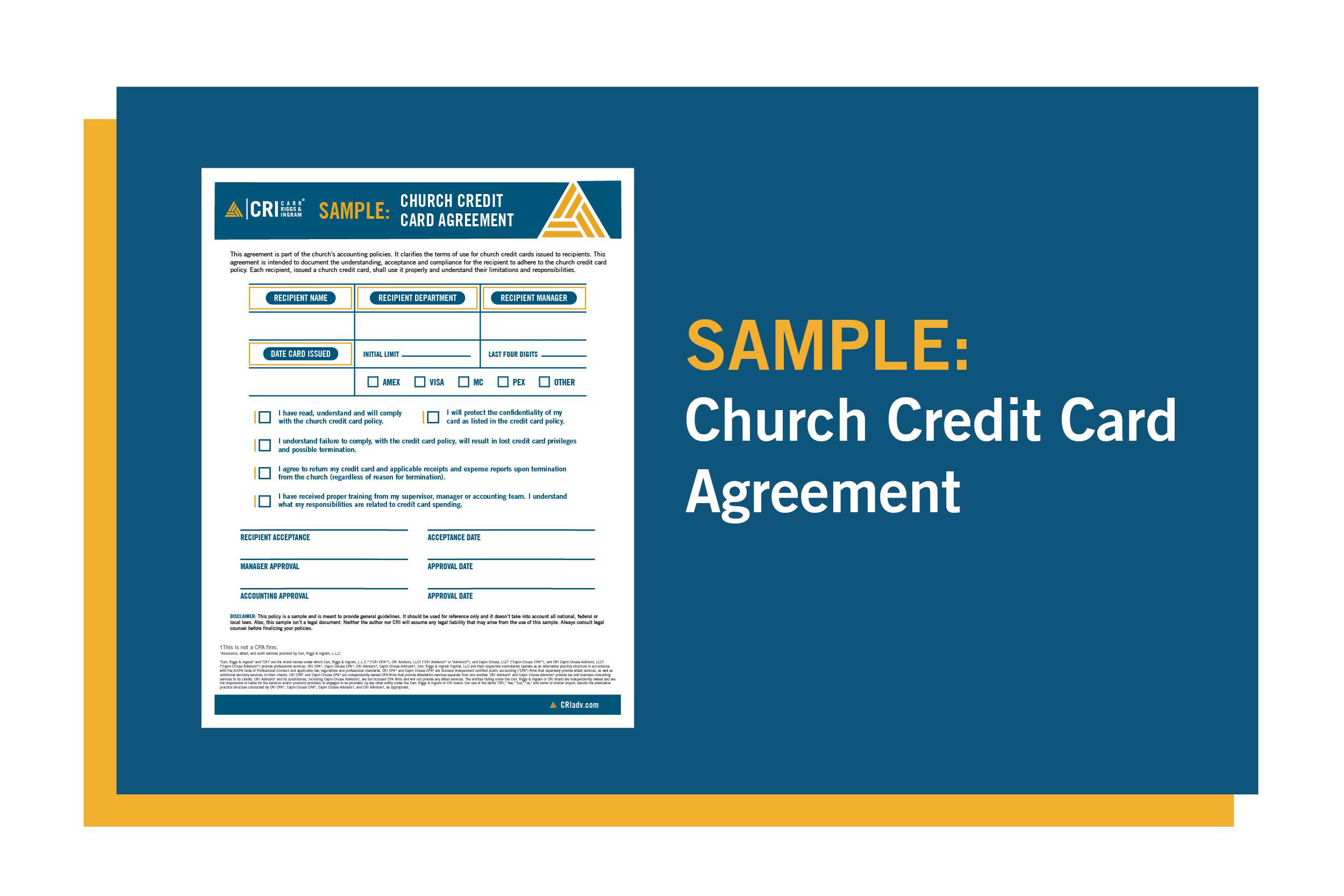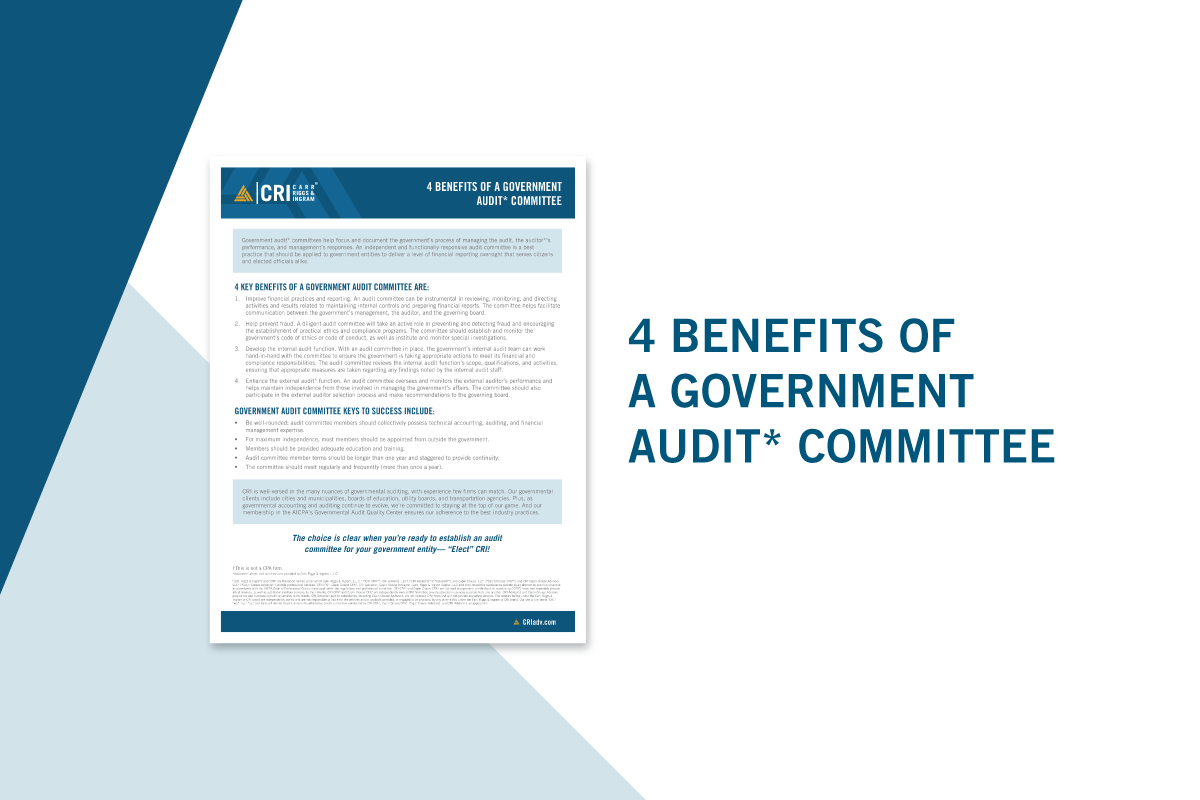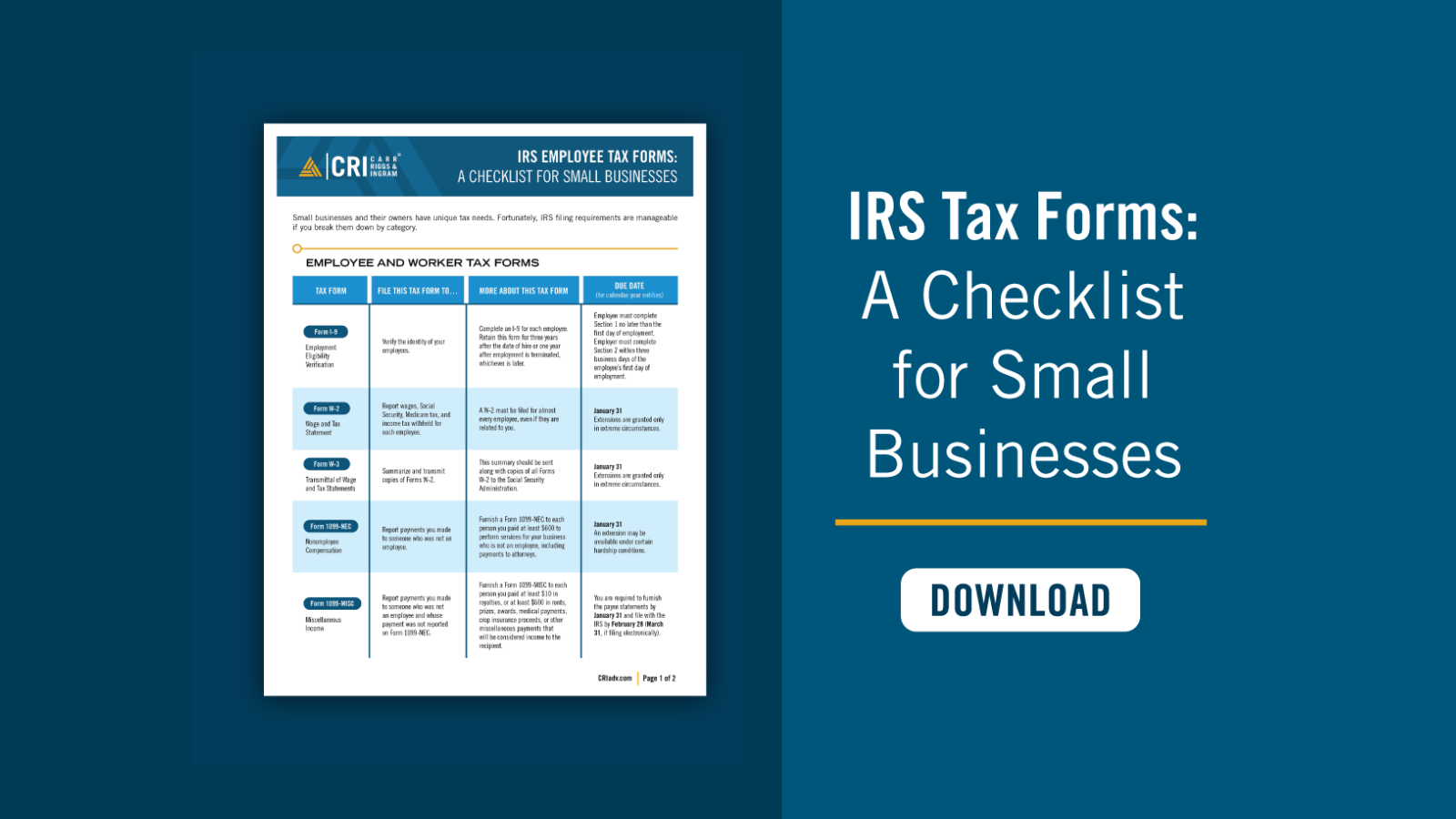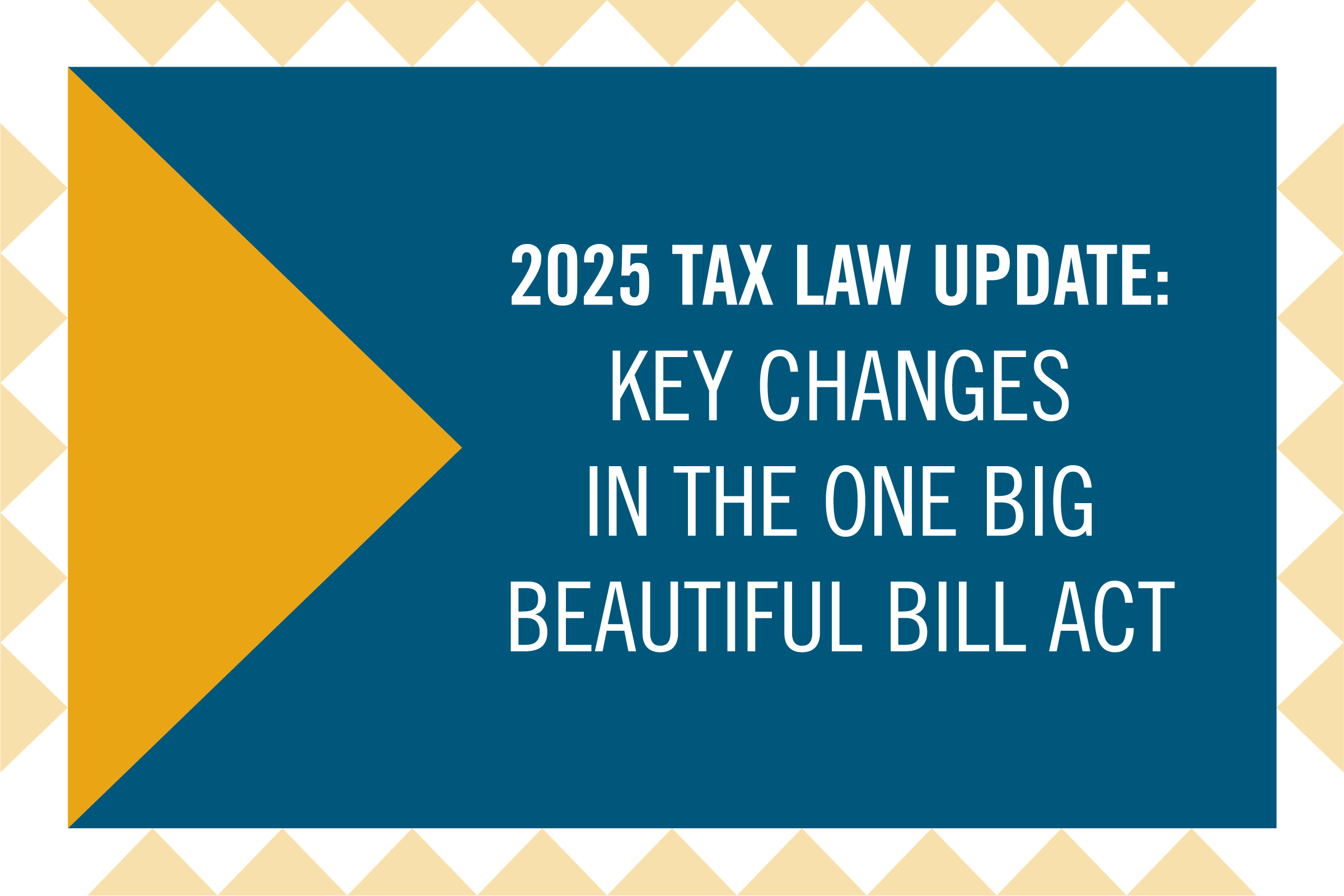Business Interruption Claims Can Prevent the Unexpected
Sep 25, 2025
If you’re traveling somewhere by airplane, perhaps one of the worst things that can happen to you at the airport is missing your scheduled flight. Your two big questions are probably:
- When can I get on the next flight and resume my journey?
- How much money is missing that flight and getting on a new one going to cost me?
Business owners who have had to slow or cease operations due to an unexpected disaster have similar questions:
- If I have business interruption insurance as part of my insurance coverage plan, then how do I know if I qualify for that financial relief so I can get my business moving again?
- Assuming I do qualify for a business interruption claim, then how do I start that filing process?
What Does Your Business Interruption Policy Cover?
Begin by reviewing your commercial insurance policy; almost all will contain a business interruption clause. Determining the coverage and limitations under these policies is not easy, and assistance from an insurance attorney and accountant may be necessary to understand the coverage, properly estimate the damages, and prepare the claim. Typically, these policies will cover lost revenue and continuing expenses (e.g., rent expenses, employee wages) but not all aspects of damage. They also often require direct physical damage to the premises but may not cover losses due to power outages or floods — unless the policy has a separate flood insurance endorsement.
Business interruption insurance generally will compensate for the income lost during the period of physical restoration of the property. If the policy has an extended business interruption clause, then it will further compensate for income lost after the business returns to operations — but prior to it returning to normal levels.
Best Practices for Business Interruption Claims
Below are steps you can take to ease the business interruption claim process:
- Review your policy and immediately talk with your insurance company to understand your type of coverage and responsibilities.
- Document proof that damage was incurred and caused serious loss of income while you tried to restore operations.
- Keep detailed records of current business activity and be able to show the income generated before, during, and after the loss.
- Get at least two bids on the cost to repair or replace damaged property.
- Keep track of repair estimates, expenses while the business is closed, additional expenses required due to the business being closed (e.g., temporary office space, equipment rentals, generators), and other needed claim-related information.
Let CRI Be Your “Travel Agent” for Business Interruption Claims
The business interruption claims process can be a daunting amount of work, but a successful claim can lead to valuable rewards. CRI is highly experienced in assisting with business interruption claims and would be happy to discuss your situation so we can help your business take flight after a business interruption and reach its goal destination.

